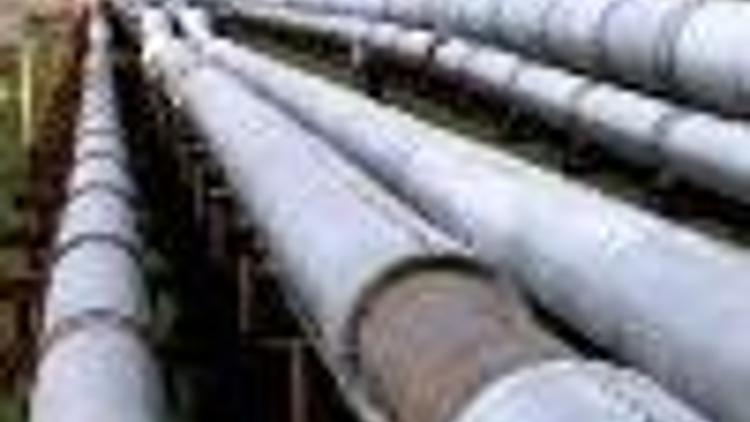Nabucco pipeline countries to meet in Budapest end-January
Güncelleme Tarihi:

Ministers from the six countries participating in the EU-backed Nabucco gas pipeline project are to meet in Budapest on January 26-27, the projects spokesman said Monday.
The summit, proposed by the Hungarian government last September, will bring together ministers or possibly heads of government from Austria, Bulgaria, Germany, Hungary, Romania and Turkey, Nabucco spokesman Christian Dolezal told AFP.
Project participants insist that the current Russia-Ukraine supply crisis underlines the importance of such a pipeline, since it would make Europe less dependent on Russian gas.
Nabucco is a 3,400-kilometer (2,112-mile) pipeline between Turkey and Austria that will transport up to 31 billion cubic metres of gas each year from the Caspian Sea to western Europe.
The pipeline currently has six shareholders -- OMV of Austria, MOL of Hungary, Transgaz of Romania, Bulgargaz of Bulgaria, Botas of Turkey and RWE of Germany.
But the project has so far proved slow-moving with the necessary approvals and agreements between the countries concerned still to be signed.
Nabucco chief Reinhard Mitschek said Monday the project could finally get the green light this year.
"We’ll start work in 2010 and gas will start arriving in 2013" at Austria’s Baumgarten terminal, he said told Oe1 public radio.
Russia and Italy have put forward a rival pipeline project of their own, called South Stream, in which Hungary is also involved and which the World Energy Council described as "more promising" last June.
One of the main hurdles to Nabucco has been financing with the consortium recently raising the cost estimate to around eight billion euros (10.7 billion dollars) compared with the initial projection of 4.4 billion euros.
For Nabucco to be profitable, Europe would have to find 30 billion cubic meters of gas each year from countries such as Azerbaijan, Turkmenistan, Iran and Iraq.

